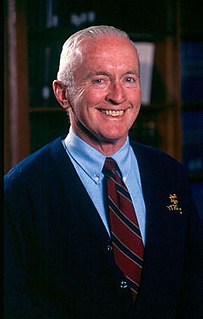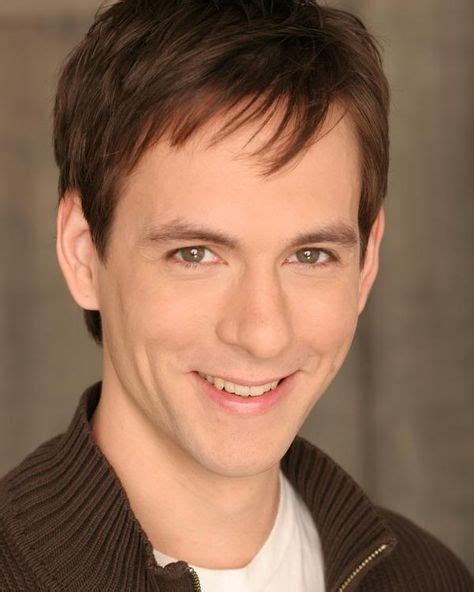A Quote by Jennifer James
Learning how to respond to and master the process of change - and even to excel at it - is a critical leadership skill for the twenty-first century. Constant, rapid change will be a fact of life for all of us.
Related Quotes
Change is the end result of all true learning. Change involves three things: First, a dissatisfaction with self - a felt void or need; second, a decision to change to fill the void or need; and third, a conscious dedication to the process of growth and change - the willful act of making the change, doing something.
Those of us who stand outside the circle of this society's definition of acceptable women; those of us who have been forged in the crucibles of difference - those of us who are poor, who are lesbians, who are black, who are older - know that survival is not an academic skill...For the master's tools will not dismantle the master's house. They will never allow us to bring about genuine change.
I recognize thart even you, yourself, will change. Your ideals will change, your tastes will change, your desires will change. Your whole understandings of who you are had better change, because if it doesn't change, you've become a very static personality over a great many years, and nothing would displease me more. And so I recognize that the process of evolution will produce changes in you.
The average mind requires a change of environment before he can change his thought. He has to go somewhere or bring into his presence something that will suggest a new line of thinking and feeling. The master mind, however, can change his thought whenever he so desires. A change of scene is not necessary, because such a mind is not controlled from without. A change of scene will not produce a change of thought in the master mind unless he so elects.
Think of managing change as an adventure. It tests your skills and abilities. It brings forth talent that may have been dormant. Change is also a training ground for leadership. When we think of leaders, we remember times of change, innovation, and conflict. Leadership is often about shaping a new way of life. To do that, you must advance change, take risks, and accept responsibility for making change happen.
Jesus does not respond to our worry-filled way of living by saying that we should not be so busy with worldly affairs. He does not try to pull us away from the many events, activities, and people that make up our lives. . . . He asks us to shift the point of gravity, to relocate the center of our attention, to change our priorities. Jesus does not speak about a change of activities, a change in contacts, or even a change of pace. He speaks about a change of heart.



































